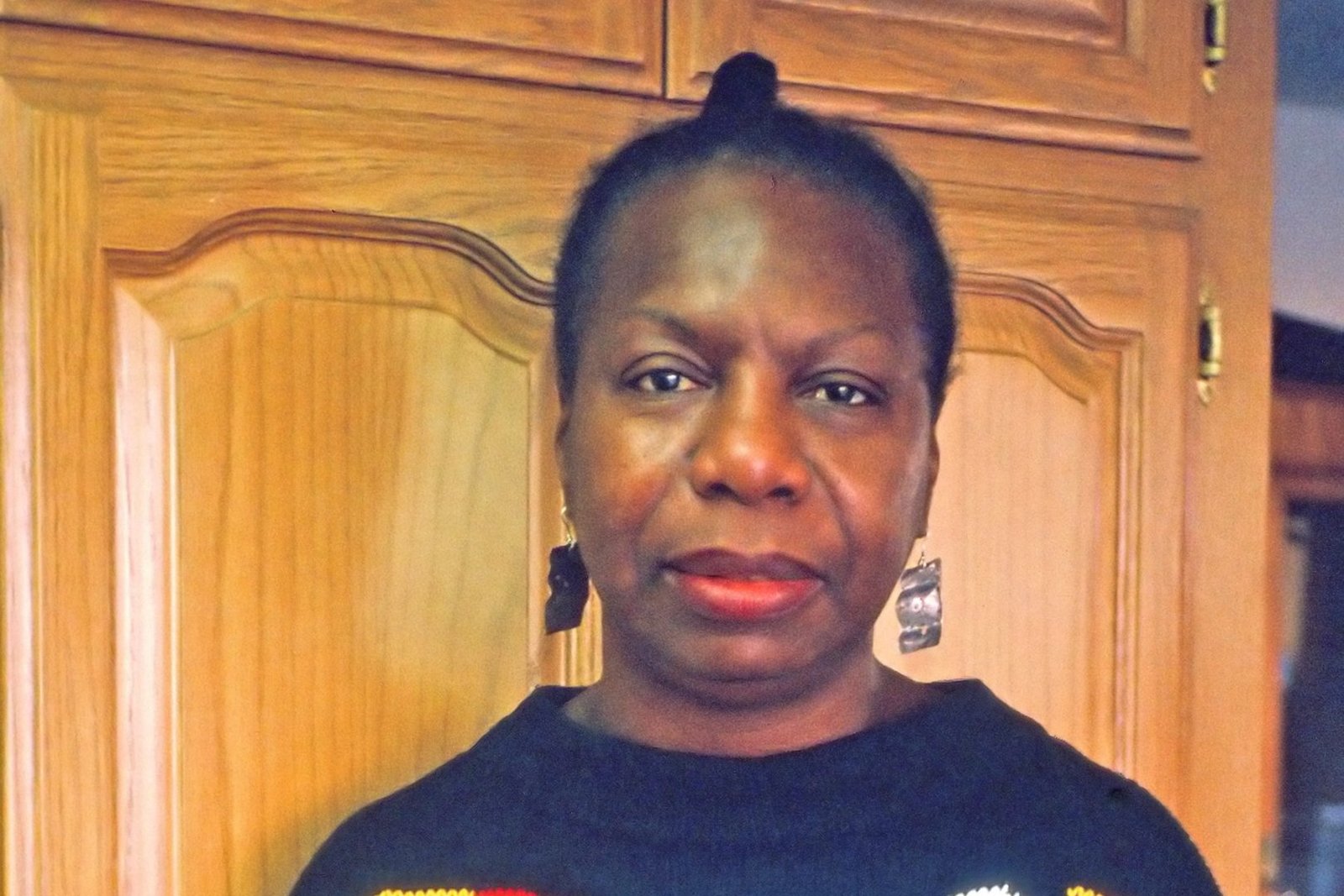7 shocking facts about heart failure that could save your life

Why your heart’s squeeze matters more than you think
Heart failure sounds scary – because it is. But here’s the thing: millions of Americans are walking around right now with a specific type called systolic heart failure, and many don’t even know it. Let’s break down this serious condition that’s affecting more people than the entire population of Missouri.
The surprising truth about that squeezable pump in your chest
Think of your heart like a squeezy stress ball. Normally, it squeezes tight enough to push blood through your entire body. But with systolic heart failure, that squeeze gets weaker – imagine trying to squeeze a stress ball with a tired hand. Doctors measure this squeeze power (fancy name: ejection fraction) and start worrying when it drops below 40%.
These numbers will make your jaw drop
Ready for some mind-blowing stats? About 6.5 million Americans are dealing with heart failure right now. That’s more than the number of people who visit Disney World each month! Even more shocking? Nearly half of these cases are the systolic type we’re talking about. And if you’re over 50, you’ll want to pay extra attention.
Your body is literally screaming for help
Your body has some pretty clever ways of waving red flags when your heart isn’t pumping like it should. Here’s what to watch for:
- That weird racing heart that won’t calm down
- Feeling like you ran a marathon just walking to the mailbox
- Waking up gasping for air (yes, that’s a thing)
- Shoes that suddenly feel too tight because your ankles are puffy
- Brain fog that makes you feel like you’re living in a cloud
- Mysterious weight gain that isn’t from late-night snacking
The sneaky villains behind heart failure
Several troublemakers can weaken your heart’s squeeze power:
- Clogged heart arteries (like rust in old pipes)
- Blood pressure that’s through the roof
- Previous heart attacks leaving battle scars
- Wonky heart valves that can’t keep the beat
- Surprise viral attacks that target your heart
How doctors crack the case
Modern medicine has some pretty cool detective tools:
- ECGs that create a movie of your heart’s electrical dance
- X-rays that peek inside your chest
- Ultrasounds that watch your heart do its thing in real time
- Blood tests that spill the tea on your heart’s health
The comeback plan: More than just pills
Getting your heart back in the game takes a full-court press approach:
The medicine cabinet squad:
- ACE inhibitors: your blood vessel’s chill pill
- Beta-blockers: your heart’s personal trainer
- Diuretics: nature’s way of saying goodbye to extra fluid
The tech support team:
- Tiny devices that watch your heart 24/7
- Mechanical helpers that give your heart a boost
The lifestyle remix:
- Saying “bye” to the salt shaker
- Finding your inner athlete (even if you hate sports)
- Kicking stress to the curb
- Trading bad habits for heart-healthy ones
Time to be your heart’s best friend
Here’s the deal: systolic heart failure is serious business, but it’s not a game over situation. With the right game plan, you can still live your best life. The key is catching it early and taking action.
Think of it like this: your heart has been your ride-or-die since before you took your first breath. Maybe it’s time to return the favor? Keep these warning signs in mind, check in with your doc regularly, and make those lifestyle tweaks that could literally save your life.
Remember, your heart’s been beating for you since day one – now it’s your turn to be there for it. And who knows? The life you save might just be your own.










